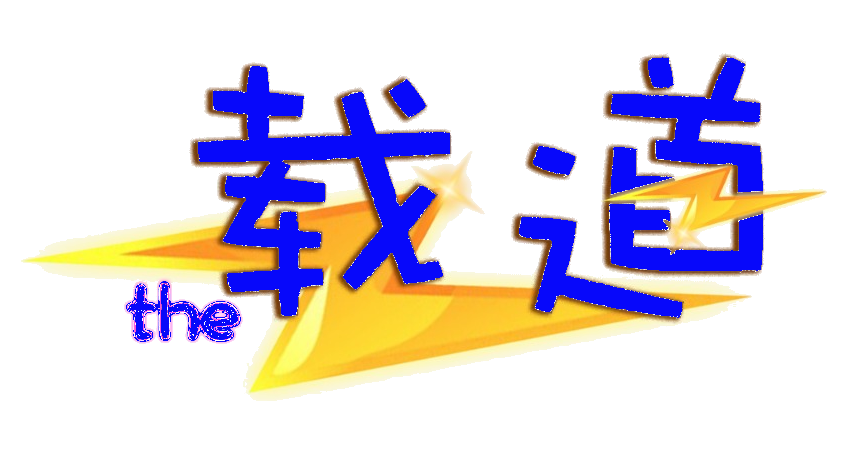I cannot say that my experience learning Chinese has been easy. I cannot say that I am anywhere close to comfortable learning the language. What I can say is that learning about Chinese culture has brought me closer to my ethnic background, and what it means to have a Chinese identity.
I am a quarter Chinese, a quarter German-Irish, and half Ashkenazi and born in Virginia. Growing up, I wasn't very connected to my Chinese roots until a couple years ago. As a person who passes as white, I do not pretend to go through the same experiences most Asian Americans go through. However, around two or three years ago, I started wantIng to learn more about my ethnic heritage, and what it contributes to my identity.
My family came to the United States in the 1930s. Like many Chinese families in Hawaii, both of my great grandparents were born in the United States, and sent back to China for an education. Because of this situation, they were able to come back to Hawaii, although the Chinese Exclusion Act had not yet been repealed.
When my great grandmother's family lived in China, they lived fairly well off, however their income changed with their move to the United states.
My Great Grandparents never really talked about their lives in China. When my family went to Hawaii to talk to my great aunts, there weren't many things they could tell us. My great grandparents only spoke Cantonese and mainly Pidgin EnglIsh, whIle my Grandfather and his siblings spoke Pidgin and some EnglIsh. However, they were able to tell us that, when my great aunts asked my great grandmother about her life in China, she said that,
“The Japanese were attacking her town so she ran.” Another story we heard was that communists came to their house and smashed up all the vases, makIng my Great-Great-Grandmother kneel on the broken glass. My great grandmother, Popo, never saw her mother again.
We aren't exactly sure why my Great Grandmother’s family came. The story that my Popo told about the Japanese always made me wonder whether she was talking about the attack on NanJing (1937). Of course, the story of a group of communists is most likely talking about the Chinese revolution (1911-1949). As we aren't sure, we continue to ask questions of my grandparents though, of course, they don't know much. Given the timing of my great grandmothers arrival in Hawaii (1939), it isn't clear the exact reason she left.
While growing up, my main connection to my Chinese background was recipes from my Great Grandparents. We made Wonton on Chinese New Year and other important occasions, and Fried Rice the day after. We researched more recipes, and made them for different events. Once I got older, however, my mindset grew with my family's trip to Hawaii. My connection was no longer based on recIpes, but based on stories.
I have always loved telling stories. If the audience was the reader, I was the writer. If the world was the stage, I was the actor. The stories I heard from my Great-Aunts built up my idea of my Great-Grandparents, giving me a sense of identity.
That brings us to the question of: “what is identity?”
I used to think that identity is something that you only can control. That it is something only the identifier can create or affect. Now, however, my mindset has slightly changed.
Identity is built off of history, stretching back many generations. It is not made of one particular thing, but of centuries of stories. Stories of how we got here, and who we’re supposed to be. Stories of what our ancestors did to protect their families, to ensure their survival. These stories build our identities, giving us a sense of self-worth. Giving us a sense of who we are, and who we can be.
